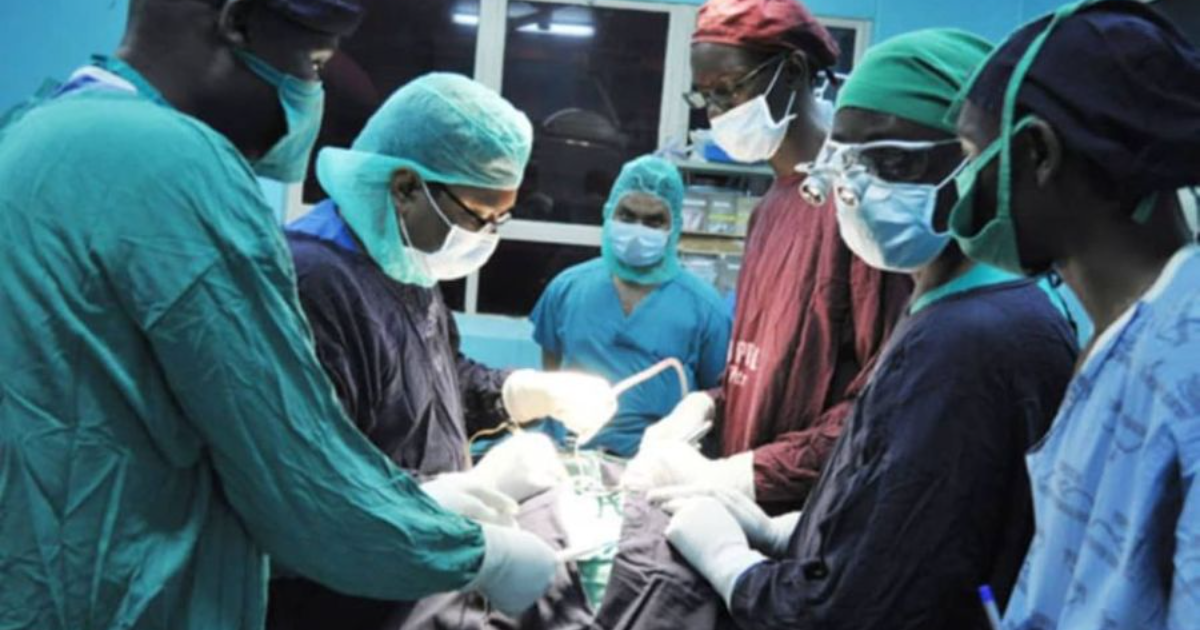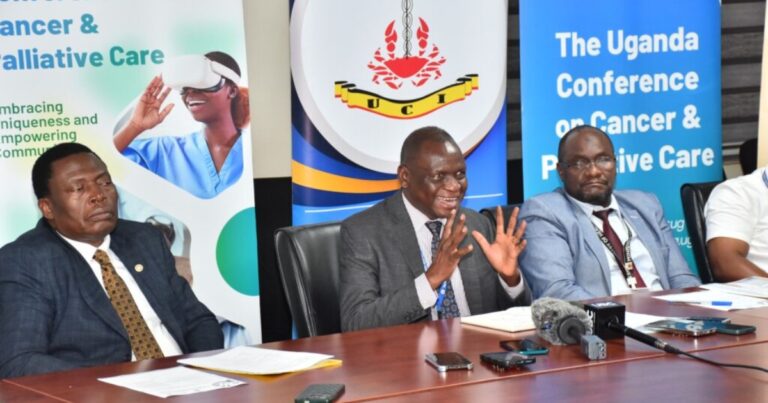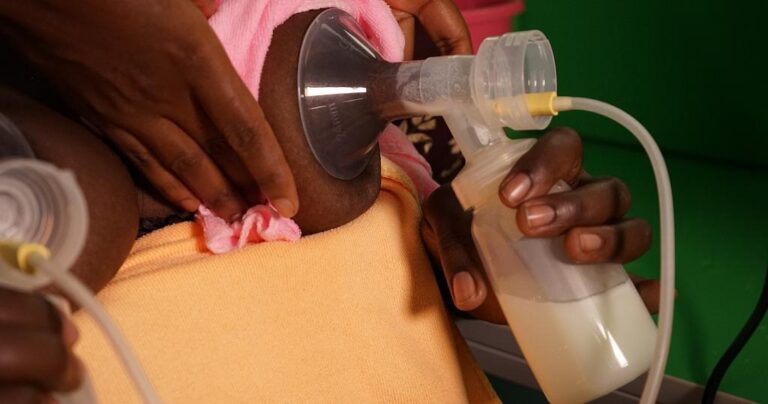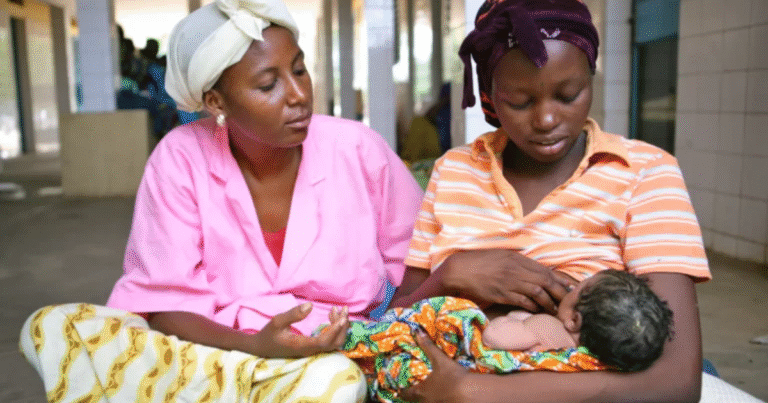Kampala, Uganda — As Mulago National Referral Hospital moves forward with plans to implement deceased donor kidney transplants, bioethicists are urging caution, emphasizing concerns about equity, accessibility, and affordability.
The program aims to expand organ transplantation services in Uganda, offering life-saving treatment to patients with end-stage renal disease. However, experts highlight that without inclusive financing mechanisms, only wealthier patients may benefit, leaving economically disadvantaged populations at risk of exploitation.
Equity and Affordability Concerns
Dr. Barugahare, a leading bioethicist, stresses the urgent need to expedite the National Health Insurance Scheme (NHIS). He warns that if the scheme is not rolled out promptly, the high costs of surgery, post-transplant care, and associated medical tests could force the poor to participate as donors out of financial necessity, rather than informed consent.
“The country’s poor should not bear the brunt of affordability gaps in life-saving treatment,” Barugahare said, emphasizing the ethical imperative of fair access to healthcare services.

The Deceased Donor Kidney Program
Deceased donor kidney transplantation involves retrieving kidneys from brain-dead or recently deceased individuals for transplantation into patients with renal failure. The program is expected to complement living donor transplants, reducing waiting times for patients and saving more lives.
Challenges Ahead
- High medical costs: Surgery, immunosuppressive therapy, and routine monitoring
- Infrastructure needs: Adequate surgical facilities and trained medical personnel
- Ethical considerations: Informed consent, donor selection, and preventing coercion
- Policy gaps: Absence of a comprehensive national insurance framework limits accessibility
Bioethicists argue that Uganda’s healthcare system must carefully balance expanding organ transplant services with ensuring that programs remain equitable, ethically sound, and financially sustainable.
Source : URN





